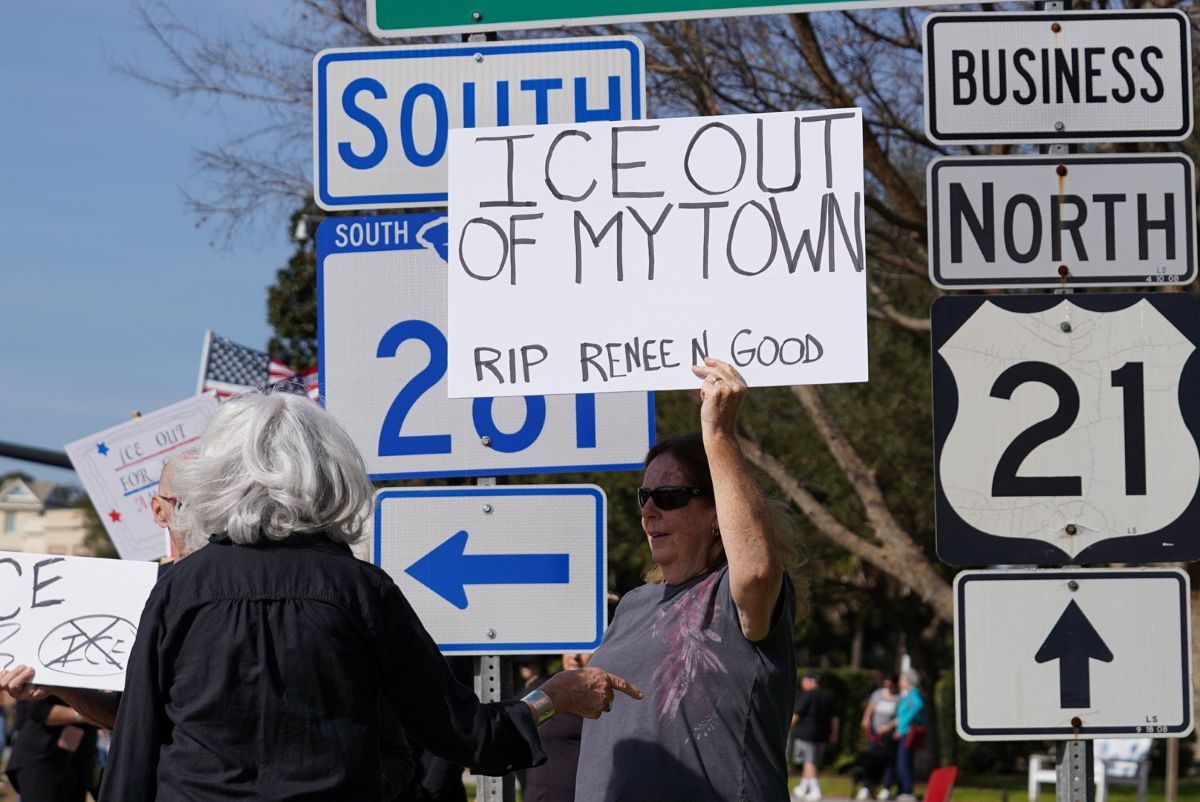Are Driving While Impaired (DWI) and Driving Under the Influence (DUI) really all that serious crimes? DWI or DUI (Driving Under the Influence of Alcohol, drugs, sleep deprivation, etc.) are very serious crimes and gravely endanger everyone on and off the road. Each year approximately 11,000 people are killed in DUI related crashes, and close to 300,000 are injured. See https://www.nhtsa.gov/risky-driving/drunk-driving NHTSA article and report titled DRUNK DRIVING for more information.
Driving impaired for any reason puts everyone on the road and near the road in grave danger. This is why the police are not able to let an impaired person drive himself or herself home or walk home when they are found to be DWI or DUI. It is negligent and may be a crime for a police officer to allow an impaired driver to drive home or walk home —- and someone is injured or killed.
Two out of three people on average in the US will be involved in a drunk driving accident in their lives. In 2014, 10 million Americans reported driving under the influence of illegal drugs in the past year. Every day, approximately 800 people in the United States are injured in a drunk driving accident. Someone is injured in a drunk driving crash every two minutes. 25% of car accidents with teenagers involve an underage drinking driver. Weekends are especially dangerous because about 16% of all drivers in fatal accidents during the week were intoxicated, compared to 29% on Friday and Saturday night.
Americans drank too much and drove approximately 121 million times in 2019. This is more than 300,000 incidents of drinking and driving each day. In fatal car accidents, the largest percentage of drunk drivers are those from 21 to 24. Drunk driving in fatal accidents is four times higher at night than during the day time – 34% vs. 9%. Drunk driving costs each American adult at least $500 per year. Driving while texting is replacing DUI as the cause of many motor vehicle accidents, injuries, and fatalities.
The arrest of persons DUI is a time-consuming and stressful operation for police officers. Officers need special and expensive education in field sobriety testing, breathalyzer testing, and special and safe handling of DUI persons. Persons who are DUI also frequently resist arrest and injure police officers and medical first responders. Drunks are notorious for misbehaving and not complying with medical staff instructions. Person arrested for DUI and are injured or ill, and have to be transported to a hospital, also injure nurses, doctors, and other medical service people many times each year.
COPS are also tied up for hours accompanying drunks and persons, who are under arrest and under the influence of other substances, to the emergency room —– often having to remain in the ER for long periods. Law enforcement professionals and emergency medical teams are not only tied up endlessly dealing with the national tragedy of people driving impaired and killing others, injuring others, killing themselves, and causing property damage but persons driving impaired also drive up significantly insurance costs for everyone.
With a shortage of police officers, persons stopped for DUI require an arresting officer to be out-of-service for long periods of time, thus not being available to backup other officers, answer calls, and requiring officers in other areas to cover the arresting officer’s territory. Also, many DUI cases require the arresting officer to appear in court and frequently more than one time, as lawyers often ask for delays in hopes of a police officer not showing up to a court date.
The penalties for DWI and DUI can be harsh but frequently are not applied properly by the courts. Getting impaired people from behind the wheel of a car should be a top priority for every American and police officer.
Citizens, judges, lawyers, and legislators can help law enforcement officers tremendously in preventing deaths, injuries, property damage, increased insurance costs, and loss time by:
Supporting laws that require everyone convicted of DUI to have an ignition-interlock device installed. In 2019 such devices prevented approximately 360,000 people who were legally drunk from starting their vehicle’s engine.
Requiring the immediate suspension of a DUI driver’s license to drive if he or she refuses to submit to a blood-alcohol test. Approximately 40% of people in SC who are stopped for DUI refuse to submit to a blood-alcohol test because they know they can get a temporary license the very next day!
Preventing anyone from getting a temporary driver’s license, while their permanent license is suspended. This is a terrible loophole in SC DUI prevention laws and efforts.
Promoting driver education and increased public service announcements.
You can contact your SC State House and Senate Legislative Representatives online by going to https://www.scstatehouse.gov/email.php?chamber=B and ask him or her to support laws that prevent DUI caused deaths, injuries, and property damage.
Larry Dandridge is an honors graduate of three police academies and a DoD Counter Terrorism course graduate. He served as a police officer and deputy sheriff in AL and MO. He has also worked as a consultant with the Federal Law Enforcement Training Center in GA and SC, and the Military Police and Customs operations in TX. An accomplished writer and motivational speaker, the owner of TVV Publishing, a retired Army Test Pilot, the author of the award-winning BLADES OF THUNDER (book One), a retired Aerospace Industry Region Manager, a past University Business, Writing, and Aeronautics Instructor, and volunteer Patient Adviser at the RHJ VA Medical Center, he writes two columns, as a free-lance writer, for the ISLAND NEWS, the Veterans Benefits Column and the What Citizens Should Know About Policing Column. You can contact Larry at his email, LDandridge@earthlink.net.
EDITOR’S NOTE
This is column 9 of a 12-column series on what citizens should know about police officers, use of force, and challenges the police and citizens face. Columns 1 through 8 introduced the series by answering the questions:
1. What are the risks involved in police work?
2. How does a COP (Constable on Patrol) decide on what level of force to use?
3. When can a police officer use deadly force?
4. When can deadly force be used on a fleeing felon?
5. Do life and death decisions made by police really have to be made so quickly?
6. What does the Beaufort County Sheriff’s Office do for Beaufort County?
7. Do police officers take care to avoid hurting innocent bystanders?
8. Do police officers have to retreat when facing a dangerous person?
9. Can a police officer be unfit to serve, even if they do not break the law?
10. Do police officers have to retreat when facing a dangerous person?
11. Can a police officer be unfit to serve, even if they do not break the law or violate department written policies?
12. Why do police officers not hot pursue and chase down every person who runs from them in a vehicle?
13. Why do police officers sometimes use choke holds on people?
14. Why do the police not shoot guns and other weapons out of people’s hands?
15. Why do police sometimes use deadly force on people brandishing a Fake Gun?
16. Why do the police not read everyone their Miranda rights?
17. How does a police officer deal with a person with a knife or other edged weapon?
18. Why do many police officers have second jobs?
19. How much training does a police officer get?
20. How many police departments are there and how many COPS are on the job per 1,000 citizens?
21. Are all police departments certified by the Commission on Accreditation for Law Enforcement Agencies (CALEA)?
22. How thorough are the background checking, screening, testing, and interviewing, of police recruits and officers transferring from one department to another?
23. Why do police departments need armored cars and other military types of equipment?
These columns are not meant to replace carefully reading local, county, state, and federal law or the need for a lawyer when seeking legal advice.
Larry Dandridge is not an employee of THE ISLAND NEWS and his opinions are his alone. Readers should rely on their local police and sheriff’s departments, federal law enforcement agencies, and their attorneys for all law enforcement information and legal advice. Although every precaution has been taken in the preparation of these articles, the publisher and author assume no responsibility for errors or omissions. Neither is any liability assumed by the author or THE ISLAND NEWS for damages resulting from the use of information contained herein.







